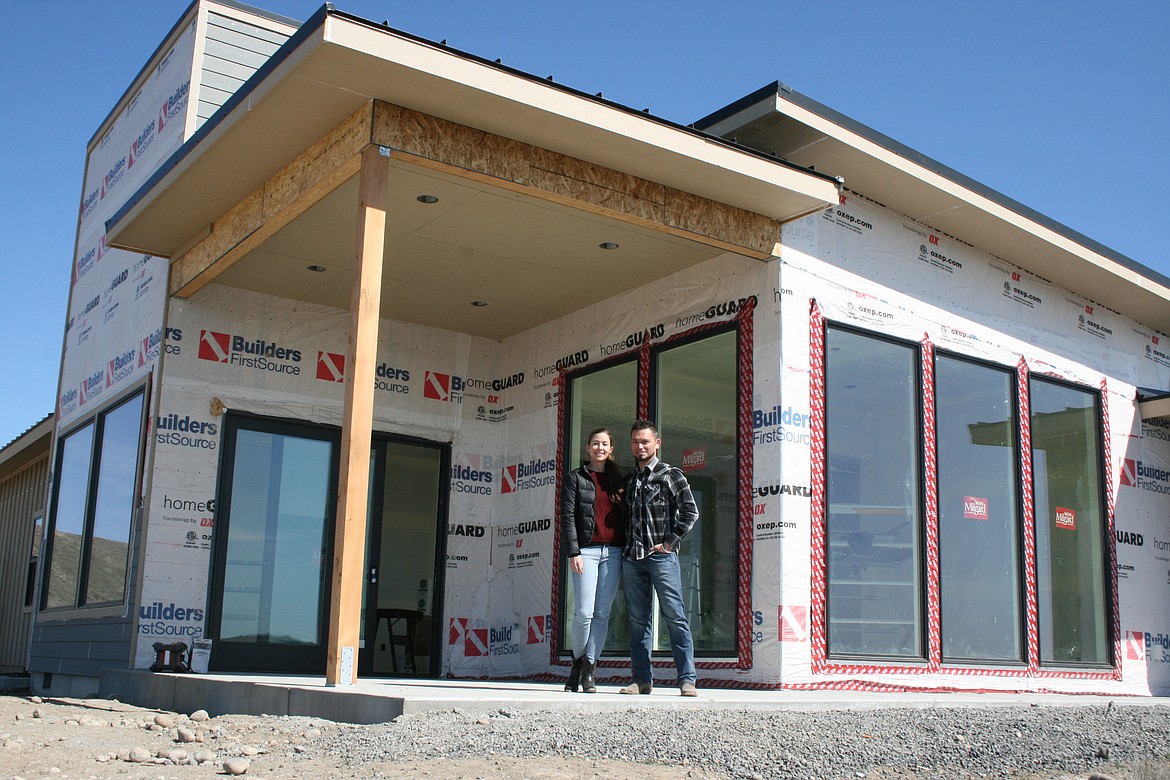Don't be afraid to question potential contractors
MOSES LAKE — It pays to do research, and a lot of research, when looking for a contractor to build a home. And it pays to set clear expectations written into the contract.
Become a Subscriber!
You have read all of your free articles this month. Select a plan below to start your subscription today.
Already a subscriber? Login



